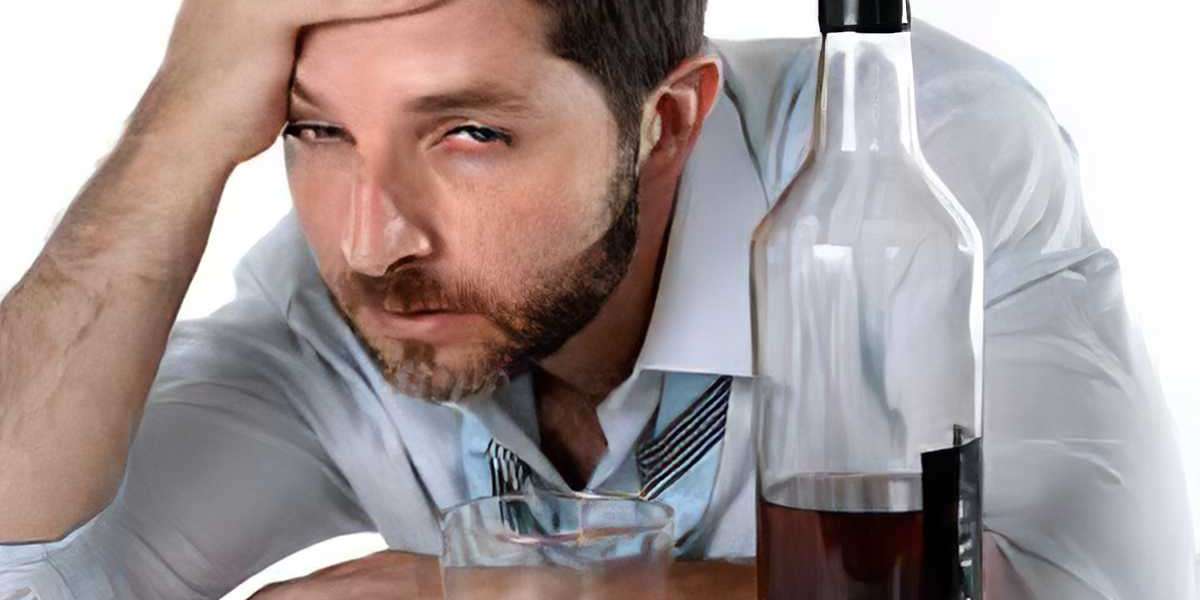Treatment for alcoholism can come in a variety of forms. Some involve living at a treatment facility for up to 90 days. Other options include partial hospitalization and intensive outpatient programs. Partial hospitalization is for those who require ongoing medical monitoring while in treatment. In these programs, patients visit the hospital one to three times a week for about four hours. Intensive outpatient programs focus on relapse prevention and are available to people with busy schedules or those who are working full time. Treatment consists of group and individual therapy sessions to identify causes and triggers of relapse.
Physical dependence
People who suffer from alcoholism or other substance use disorders are struggling with both psychological and physical dependence on the drug. Physical dependence results in uncomfortable physical sensations without the substance in question, while psychological dependence is related to emotional and motivational factors. Both forms of dependence feed off each other. It's important to distinguish between them when you are struggling with substance abuse.
Studies have shown that alcohol relapse is associated with withdrawal-related anxiety, and these changes may reflect adaptive brain changes related to alcohol exposure. The relationship between stress and relapse has important implications for treating alcoholic patients. Alcoholic patients are more likely to respond to medications that alter their stress responses. Also, animal models show that multiple withdrawal periods affect drug efficacy and relapse risk.
Alcohol dependence and withdrawal syndrome occur after excessive alcohol consumption. The process of alcohol withdrawal involves a series of psychological and physical symptoms that can contribute to relapse and discomfort. Experimental and clinical studies have examined these processes in both humans and animal models of alcoholism. These studies have identified specific neural pathways that are related to alcohol use and withdrawal.
Alcohol dependence involves many neurobiological factors and environmental factors. The brain's reward and stress systems undergo a series of changes that lead to a persistent dysfunctional state. These changes contribute to the transition from controlled to uncontrolled drinking. This process is exacerbated by repeated bouts of alcohol consumption, resulting in increased vulnerability to relapse.
Personality changes
People who are addicted to alcohol experience personality changes that they didn't experience before. They become irritable, isolated, and lack interest in activities they once enjoyed. They also develop anxiety and depression. They also experience withdrawal symptoms that may include aggression, tremors, and anxiety. These are signs that you may need to seek treatment for your alcohol addiction.
People who have alcohol addiction have a dual personality. Alcoholics use various drugs to increase their behavior and demeanor, and their behavior often differs from what other people think of them. This dual personality gives them the ability to manipulate others and influence the way they act. To understand how alcohol addiction affects a person's personality, you need to know how alcohol works in the brain.
The effects of alcohol on personality depend on a person's age and pre-existing mental health. Younger people may experience less severe alcohol-induced changes, and they can return to their baseline personality. Older adults, however, may have a more difficult time recovering. This is because alcohol can permanently alter the brain and can cause permanent changes. However, neuroplasticity reduces the extent of personality changes over time.
Some of these changes are not pleasant, but they are also temporary and can be reversed if you get the right treatment and support. It is crucial to realize that alcohol addiction is a serious health problem, and that a supervised alcohol detox can help you stay sober. Taking the right measures can help you avoid relapses and help you live a happy, sober life.
Treatment options
There are a variety of alcohol addiction treatment options available. Inpatient treatment involves living in a rehab facility for 30 days or longer. Outpatient treatment, on the other hand, allows the person to attend sessions at a location that is more convenient to them. These programs typically take place in community health clinics or at addiction treatment centers. Some offer evening and weekend sessions. Outpatient programs are also an option for people with family responsibilities.
Alcohol addiction treatment options include individual and group therapy. Peer support groups can offer a patient the motivation and accountability they need to stay on the right track and maintain their abstinence. These support groups include Alcoholics Anonymous and SMART Recovery. Some alcohol addiction treatment options involve a combination of inpatient and outpatient treatment programs.
The symptoms of alcohol addiction range from mild to severe. Individuals with alcohol abuse disorders have strong cravings for alcohol, which interfere with their ability to manage their life. They also experience loss of control over drinking and may experience physical, mental, and social withdrawal. Alcohol abuse can lead to a variety of health complications and lead to premature death.
Alcohol addiction treatment options vary by individual need and severity. The length of time an individual has been drinking is also a factor. Depending on the severity of the disease, alcohol addiction treatment may include detoxification for a period of three to seven days or longer. Alternatively, inpatient rehab can last anywhere from 14 to 90 days. Some treatment programs may also require medication to help the person stop drinking.








